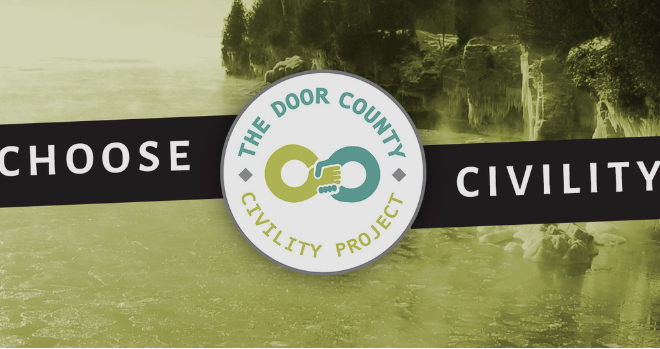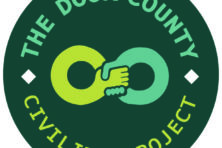Door County Civility Project: Apologize with Sincerity
- Share
- Tweet
- Pin
- Share

by ORLAINE I. GABERT
Most of us can probably remember some early experiences with being forced to make an apology. An adult had probably caught us doing something to someone else, and one of the consequences was being told to apologize.
We did so, but with less than a sorry expression, because we felt justified in our action – that we had also been wronged by something the other person had done to us. There were resentments toward the other person, who (correctly) felt that we were really not sorry. But, these feelings were usually forgotten over time.
On the other hand, the feelings about being forced to make an apology were not forgotten. Although we may have felt some remorse for whatever we’d done, we did not want to make that uncomfortable apology. Consequently, we were more likely to find a way to justify our actions.
Blame was the answer. We rationalized that it was the other person’s actions that caused us to act the way we did, and the other person had a similar reaction. Along with no resolution, our feelings of resentment intensified; we found additional reasons for blame; and we may have found what we believed were justifiable reasons to harm the other in some way.
To rectify all these feelings on both sides, we need to first look at our own behaviors and identify the actions that we took that were hurtful to the other person. It doesn’t really matter whether that person did something first that hurt us. We can start the process of healing by making a sincere apology.
First, we admit to the person that the action we took was hurtful. Second, we acknowledge that it was the wrong way to speak or behave because we want the other person to know that we’re truly sorry for our words or behavior. Further, we share that we intend to try our best to not act in that manner again because we value this person and her or his opinions, and we want to pay better attention and listen thoroughly in the future.
Responses will vary. Some people will sincerely accept our apology. Others will say they accept it, but not in a sincere manner. Others may continue the blaming behavior. No matter the response, we need to continue to be true to our apology, which furthers civil conversation with that person and may eventually extend to the others.



